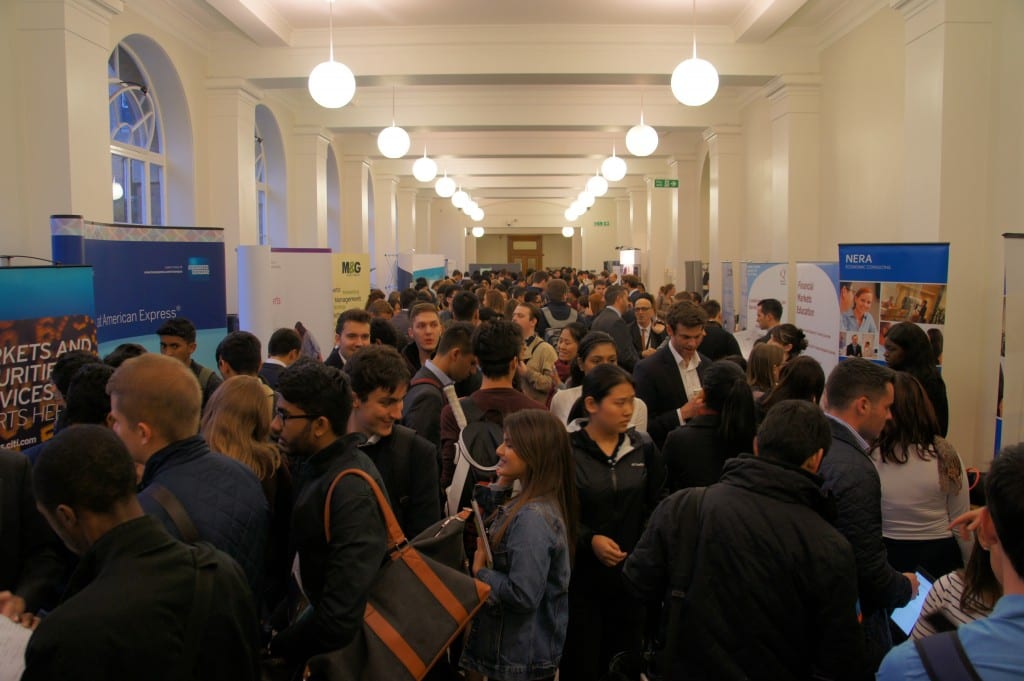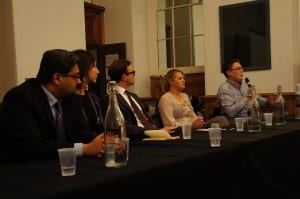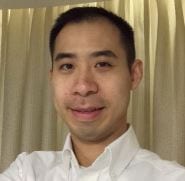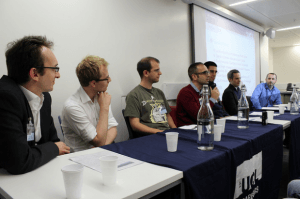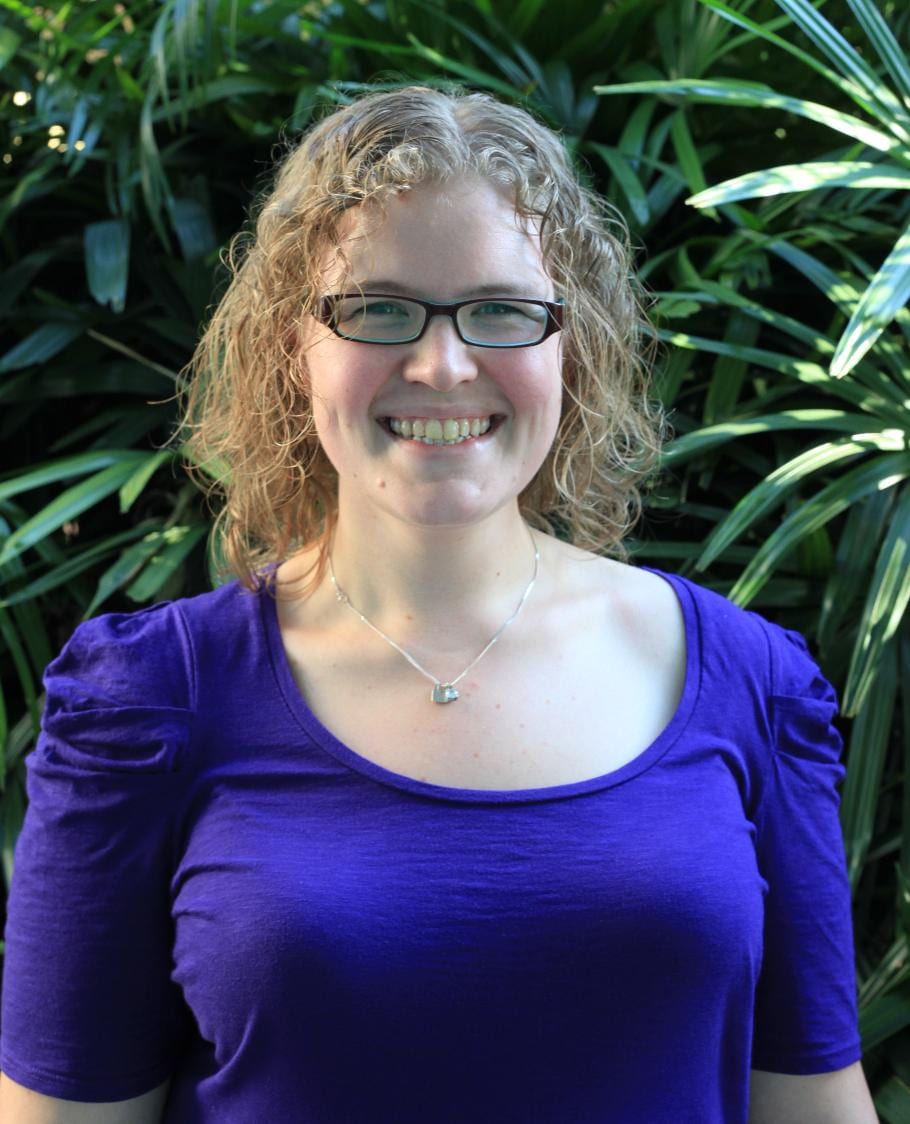 With 2016’s NHS Scientist Training Programme application deadline fast approaching (this Friday), this is the last in our recent series of interviews with current trainees, with and without academic research backgrounds.
With 2016’s NHS Scientist Training Programme application deadline fast approaching (this Friday), this is the last in our recent series of interviews with current trainees, with and without academic research backgrounds.
Dr Rebecca Haines studied for her PhD at UCL’s Laboratory of Molecular Cell Biology and is now a second-year NHS clinical scientist trainee in Bioinformatics, specialising in Genomics, based in Nottingham. Rebecca spoke to UCL Careers about her career path and her top tips for anyone wanting to get into NHS healthcare science.
Tell us a bit about your background
After my PhD I worked in Singapore as a post-doc in the Institute for Medical Biology. Although my background is academic, in both my PhD and post-doc I was investigating the molecular basis for inherited disease. Now I’ve moved to the clinical side, using the results of past and present academic research to bring benefits direct to patients. My current role is to develop bioinformatics within Nottingham’s regional genetics department, advising on the best tools to analyse our data.
What does a normal working day look like for you?
There isn’t really a typical day, it’s a big mix of carrying out service work, and of professional and academic learning. The service work is really where you learn to do the job of a clinical scientist. This is the day-to-day testing of patients, analysing the results, and assisting in the writing of those results into reports that go to patients’ consultants. These results may help consultants to decide upon the next stage of treatment for the patient. Another part of the training involves taking a part-time Masters degree, so my days can involve reading and writing for that, and even revising for exams. Another part of ‘learning the job’ involves completing ‘competencies’. This may involve completing practical tasks, or researching a topic and writing about it, and is more like professional learning.
What are the best things about your role?
I love that I can see the impact my work has on patients. During my PhD and post-doc I was really interested in understanding the molecular basis of disease so that new treatments could be developed. But that’s a long process so my work was far removed from patients. Now the results I give have a direct impact on how a patient is treated, and genetics results can also have a wider impact on their family. It’s rewarding to know my work helps provide better clinical care for real people.
The other great thing is the opportunity to bring new innovation into the NHS from research. It’s in the NHS constitution that the NHS should be at the absolute forefront of science, and as a healthcare scientist trainee you definitely are. I spend a lot of my time reading primary research and using that to inform the work I do every day in the lab, and to develop new tests and techniques that can lead to improvements in our work.
What are the downsides?
Well I’m thinking about this specifically in terms of the three years of scientist training, not about the job of a clinical scientist once you’re trained. The difficulty for me personally was going from an independent, confident, relatively senior post-doc to a trainee. As an STP trainee, particularly in the first 1 to 2 years of training, you’re totally dependent on colleagues around you for your training. I can’t write a report without it being checked by somebody senior, I can’t make a decision about an assay to do until I get an ok from somebody senior. Of course that’s a reflection of the seriousness of our work, the impact it can have on people’s lives, which is also what I like about the job. But coming from the freedom of academia, the loss of autonomy has been the biggest challenge for me.
It’s also been difficult studying again. Doing a Masters degree means assignments and exams, things I thought I’d left behind a long time ago. It’s surprisingly hard to get back into the swing of that style of working when you haven’t done it for a while. And I miss some of the lab work; I do very little actual bench work now, most of this is carried out by technologists, while the clinical scientists work on the interpretation of the results. I only miss it a bit, but I know that some people miss it much more.
What’s the career progression like?
It’s changing slowly. If you’re in the life sciences there’s the option to take exams to enter the Royal College of Pathologists. These can develop your knowledge and allow you to move up the career ladder. But there’s also now the HSST – the Higher Specialist Scientist Training – which involves workplace training and assessments, a bit like the STP, and can train you to consultant level. In our department it’s the consultant-level scientists who do the most complex work. The HSST is a five-year training programme and is completely work-based. If you weren’t keen on getting to consultant level, there are other ways you could develop, such as taking on responsibility for training and managing other staff, or for improving quality of the department’s work.
What are your tips for researchers wanting to get into the STP?
The top thing I always say to people is “visit a department”. Use contacts, use anything you can, just make sure you visit departments. The first time I applied was to the Genetics STP. I was in Singapore at the time and didn’t even get an interview. I then applied for the Genomics Bioinformatics stream. I had been in the country for a while and I’d visited lots of labs and talked to as many people as I could. Understanding the work of the department is so important, it really comes across in your application.
And perhaps a bit of a dull tip, but you should get familiar with the NHS constitution. The NHS is using values-based recruitment, meaning you not only have to show that you’re capable of doing the job, but you have to demonstrate that you believe in the values of the NHS and are prepared to uphold them.
The third thing I would advise is to refresh some of your basic science knowledge; things you think you know but you haven’t really thought about for a few years. So in my field it might be inheritance patterns for genetic diseases. That’s the kind of thing covered in your first year at university, but in an interview you may be competing against people who’ve come straight from their undergraduate degree, so it’s much fresher in their minds.
A PhD is not essential for getting an STP position, but we understand that many trainees do nevertheless have a PhD. What skills developed during your time in academia do you use in your current role?
The biggest one is organisation. As a PhD and post-doc you have to manage your own time and projects, so you learn to work hard and plan your own schedule. The STP is work-based training and work-based competency completion, alongside a part-time Masters degree. In addition you’re also often carrying out other work for the service you’re training in, and there are opportunities to network and go to national healthcare scientist meetings. So there’s a lot going on – it’s not a 9 to 5 job – and you have to be able to balance the different demands on your time effectively.
The scientific skills picked up from a PhD are obviously very useful too. Having experience in the lab and of reading scientific papers means you can hit the ground running. I also think the maturity that comes with being that bit older is helpful. The decisions made in my department profoundly effect people’s lives, you need to have some maturity to deal with that.
 ‘UK and Global Health Sector’ Employer Forum for PhDs and Researchers open for booking
‘UK and Global Health Sector’ Employer Forum for PhDs and Researchers open for booking Close
Close


